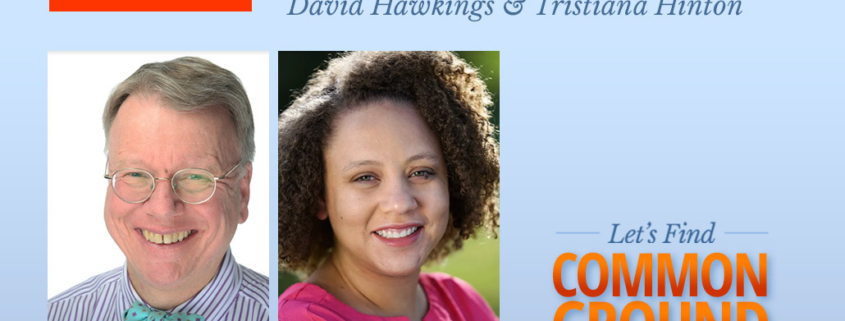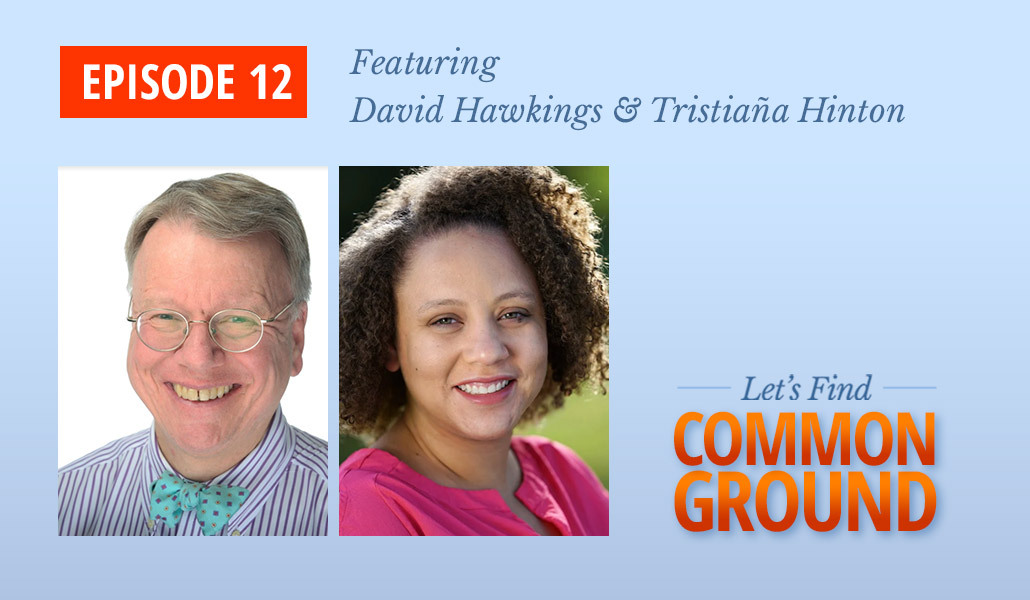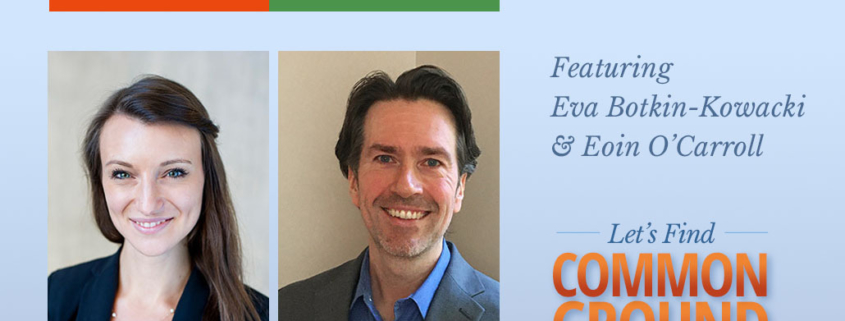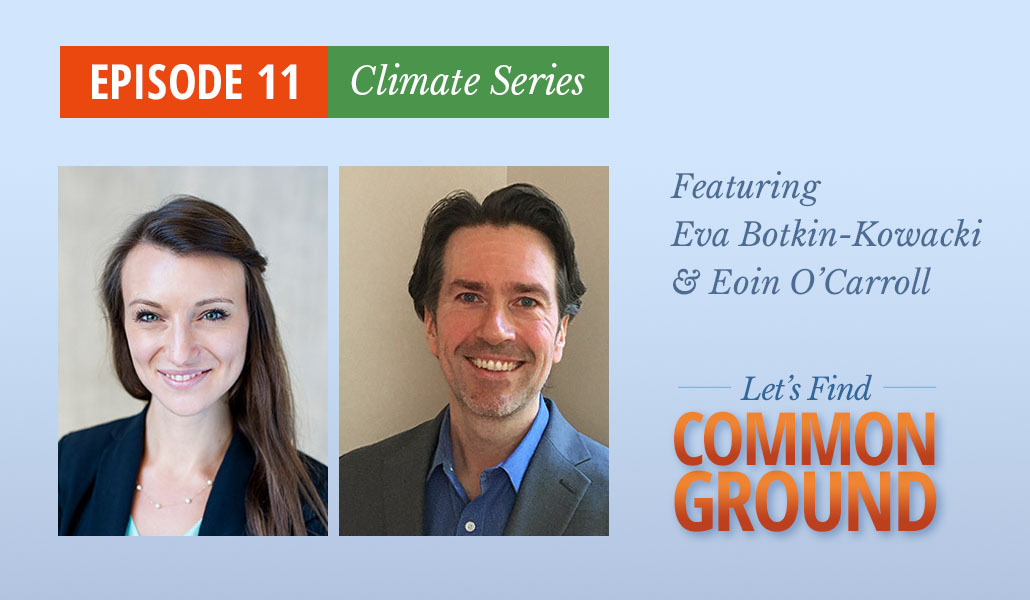In a Year Like No Other, Delivering Discourse That Heals

By Erik Olsen & Bruce Bond, CGC Co-Founders
The year 2020 was eventful in ways most people never anticipated. For Common Ground Committee (CGC), the arrival of the pandemic meant we had to rapidly pivot from our brand-defining in-person events to come up with a whole new plan for pursuing our mission to bring healing to the incivility and polarization that plagues our nation. We are grateful to report that CGC rose to the occasion.
We Kicked Off With a Great Forum Event in February
The year got off to a good start in February with an exciting forum event at the Columbia Journalism School that we had planned for over a year, Finding Common Ground on Facts, Fake News & The Media. In an explosive era for modern journalism, our panelists Maggie Haberman of the New York Times and Chris Wallace of Fox News found much common ground. The event was covered by The Hollywood Reporter, The Hill, and the Washington Examiner, which provided a link to the entire event. It was the most significant press coverage CGC received to date, and was a great success.
Even In the Midst of a Global Pandemic, We Never Lost Sight of Our Mission
It soon became apparent that plans for future live forum events would be put on hold as the pandemic put an abrupt halt on public gatherings, throwing many organizations in the non-profit sector into turmoil and uncertainty. As the public response to the pandemic rapidly became a very partisan issue, we responded with an op-ed in USA Today on March 20 entitled, “To Stop Coronavirus, We Must Set Aside Partisanship. Here’s How We Can Do It.”
We went on to produce three other op-ed pieces in 2020. In USA Today, we described the need for expanding vote-by-mail in the current pandemic environment. Another USA Today op-ed we wrote called out the need to support candidates willing to work across the aisle. Finally, we published a piece in The Hill calling for healing after the election and asking newly elected officials to embrace the country’s need for its leaders to find common ground.
In May, The Common Ground Podcast Was Born
In 2020, CGC also accelerated plans to launch a podcast series, “Let’s Find Common Ground.” The series debuted on May 7 with three simultaneous podcast episode releases, all addressing issues arising from the pandemic and the need for leadership and common ground.
Late in May our podcast committee was alerted to the story of Ahmaud Arbery, a Black man in rural Georgia killed by three white men who were trying to conduct a “citizen’s arrest.” What was notable was that the men had filmed the incident, thinking that it would give evidence of their innocence. It was a tragic event of mindless brutality. We responded with a healing message by putting together a podcast episode with noted common grounder Daryl Davis, a Black musician who, solely through conversation and building relationships, caused members of the Ku Klux Klan to hang up their robes and give up their racism.
Shortly before the expected release of the podcast the video of George Floyd’s death while in custody was released, sparking widespread unrest in cities across the country. We quickly asked Daryl to do an update on the podcast to include his thoughts about this latest issue. He did so, and that yielded a very timely, effective podcast addressing the problems of racism and the corresponding actions of members of law enforcement. Exceptionally inspiring, it has become one of our most popular podcast episodes.
As race continued to dominate the headlines we produced a series of podcast episodes covering racial equity and law enforcement reform that included interviews with Art Acevedo, the Hispanic Chief of Police for Houston and Errol Toulon, the Black Sheriff of Suffolk County, NY. Sheriff Toulon was joined by his wife,Tina, who is white. The Toulons candidly shared their experiences as a mixed race couple and the perspective it has given them.
In June, We Launched Our YouTube Channel
In June CGC launched a YouTube channel containing over 100 videos of CGC work starting in 2010 and organized in various categories. These include audience reaction, identifying where common ground was found, full forum events, press coverage of CGC activities (including NBC coverage and interviews from the TODAY show and MSNBC Live with Craig Melvin), and partnership activities with other organizations from the Democracy Reform Movement.
We Created the Common Ground Scorecard Just In Time for the Presidential Election
As the summer unfolded and the media focus shifted to the Presidential campaigns, CGC unveiled its latest product, the Common Ground Scorecard. This web-based program is something we had thought about for years and in 2020 finally brought to life. The Scorecard yields an objective score that identifies the degree to which officials and candidates for office are likely to reach across the aisle to find common ground rather than stick to ideology or hold the party line. Essentially it measures the degree to which elected officials are “common grounders.” The tool includes candidates for the presidency, vice-president, members of the U.S. Senate and House and state governors. The Scorecard also includes an option for candidates to pledge to engage in common ground activity while in office.
Over the next several weeks over 15 candidates agreed to take our pledge and local news organizations from Hawaii to Boston picked up the story of how candidates ranked in our Scorecard. In September, Marist College’s highly respected political research organization, the Marist Institute for Public Opinion, evaluated the Scorecard and was impressed. They found it to be “a rigorous assessment, using a number of quantitative factors, to score public officeholders on how much of a ‘common grounder’ they are…. It’s not about issue position but rather focuses on how much an office holder reaches out to those on the ‘other’ side.”
We closed out our 2020 programming with a fascinating webinar featuring members of the cast of Stars and Strife, a documentary about polarization in America and what can be done individually and collectively to address it. NYT columnist David Brooks moderated an in-depth, candid and substantive discussion with former Secretary of Defense Leon Panetta, BLM of Greater New York’s Hawk Newsome, business leader Katherine Gehl and the film’s writer and director, David Smick.
Looking Ahead to 2021
As we have successfully made a significant shift in how we pursue our mission, we look forward with great anticipation to 2021. We are planning more webinars with notable panelists, continued delivery of our podcast series, enhancement of our Scorecard and new programming elements and tools.
In addition, we anticipate working with like-minded organizations in what is called the “Democracy Reform” movement that we are a part of. We believe strong partnerships are key to the successful pursuit of our mission moving forward.
We also believe every one of us has an important role in bringing light, not heat, to our country’s civil discourse. In this year of unprecedented crisis and division, we are thankful to be part of a community that continues seeking common ground.
Check back with Common Ground Committee and stay up to date on all of our latest events, podcast releases and more!



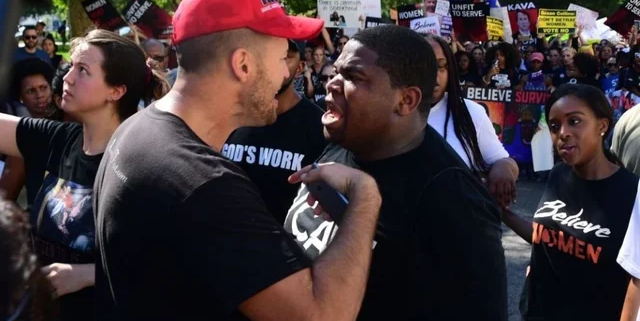

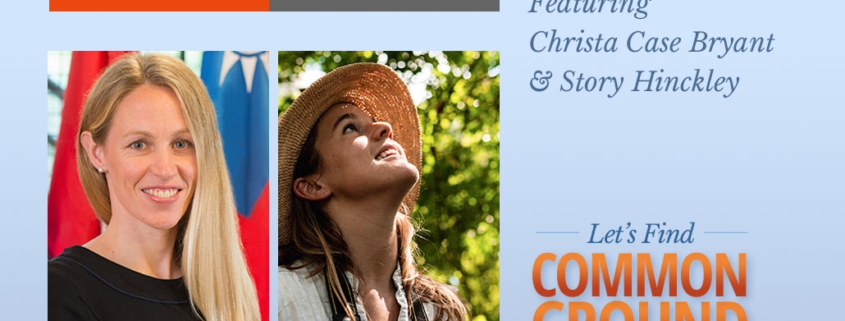
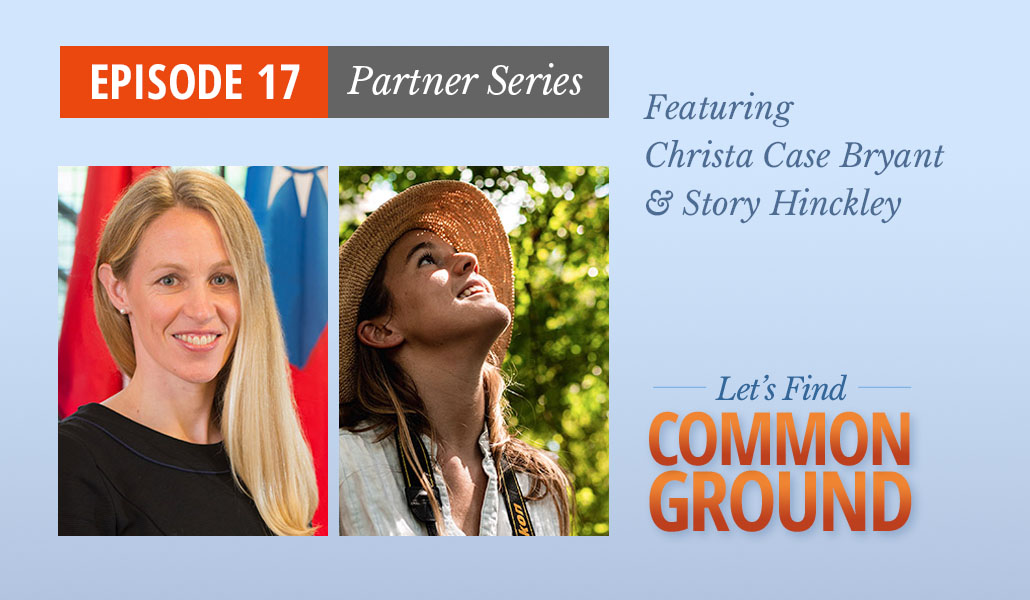




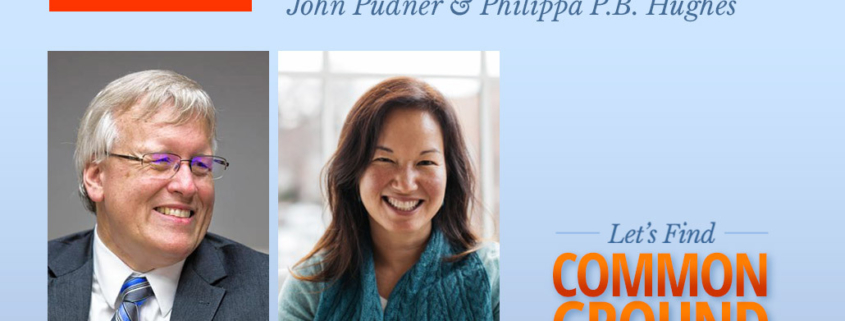
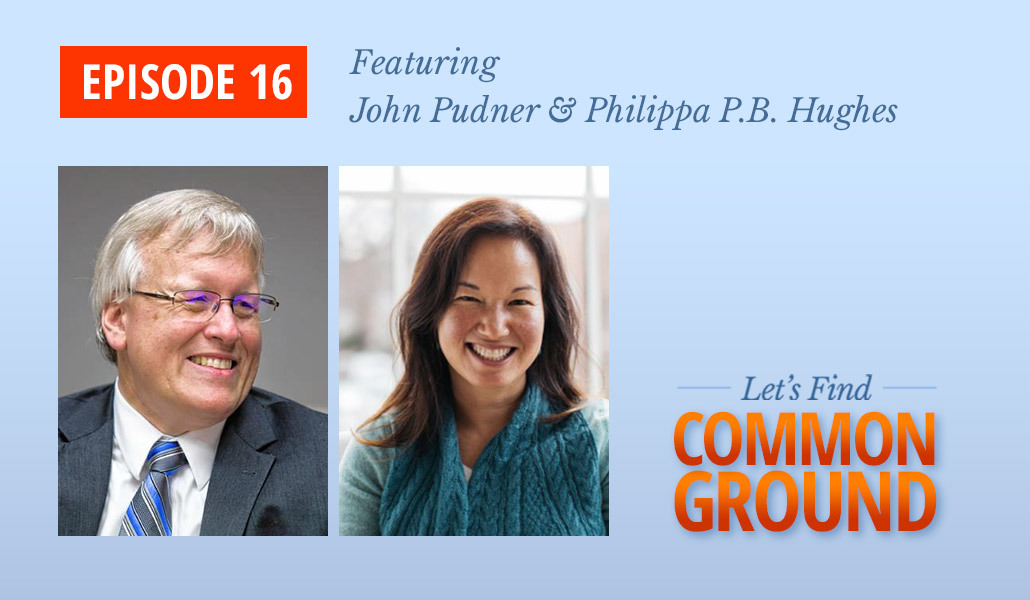
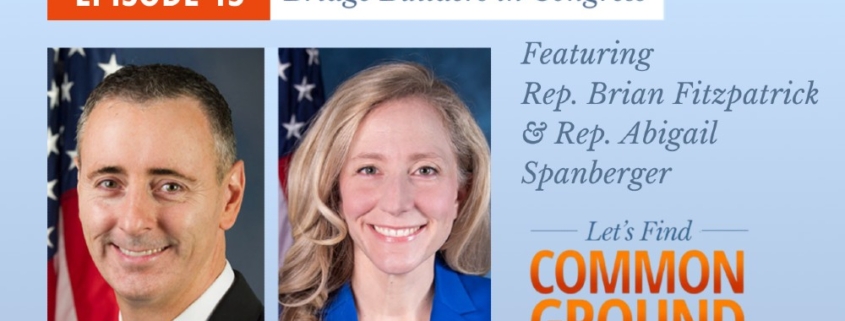
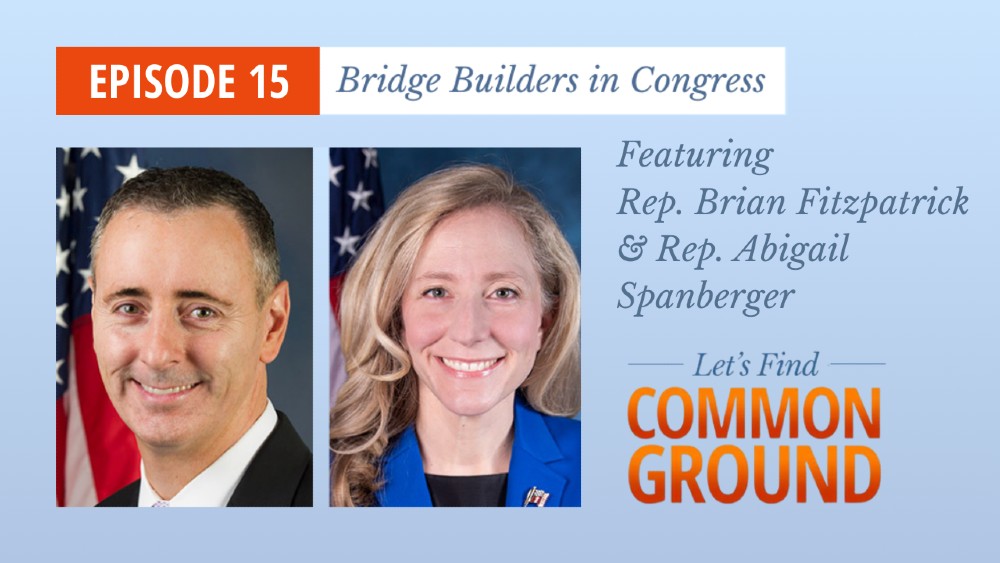
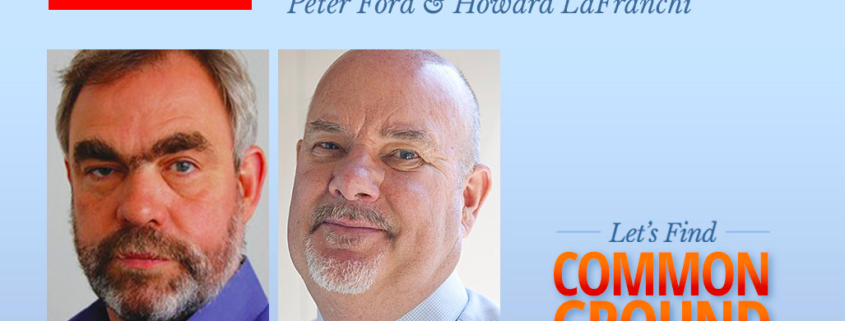
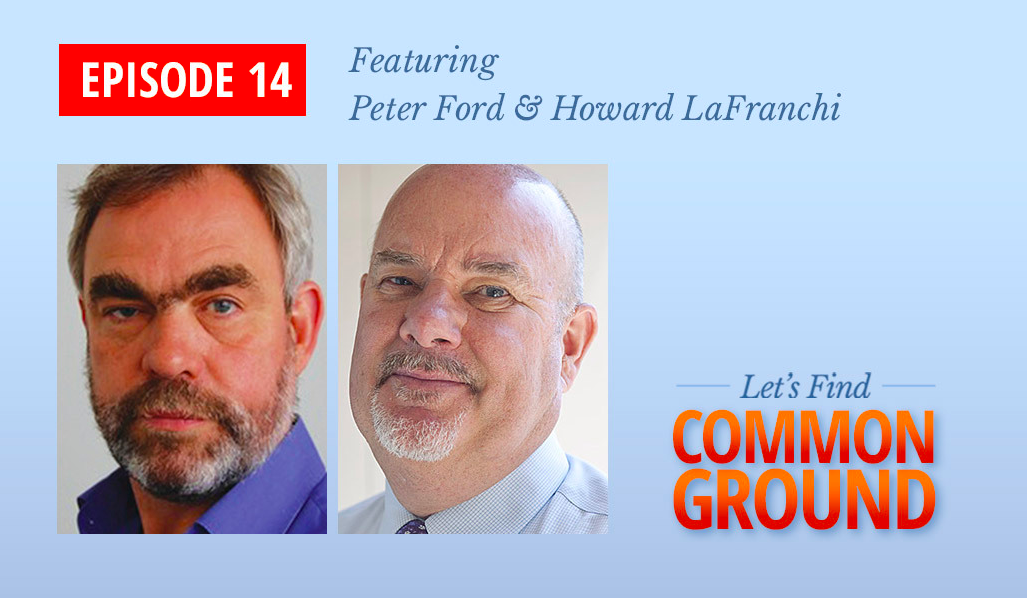

 Voters need a new mindset that makes willingness to find common ground a “must have” quality for any candidate.
Voters need a new mindset that makes willingness to find common ground a “must have” quality for any candidate.